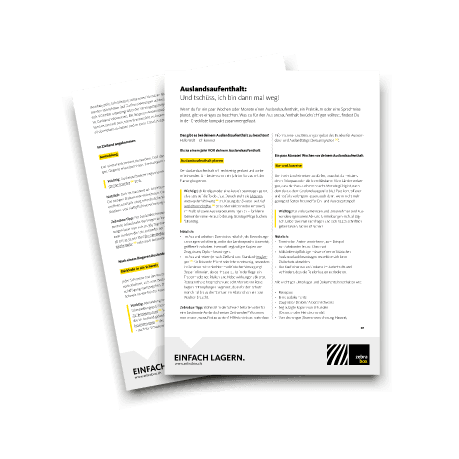Pack your bags and off you go?! Going to live abroad takes careful planning and preparation
05/12/2022, 12:14
Going abroad: whether you’re setting off for a short trip to study a language abroad or leaving Spain to live abroad more long-term, the adventure begins months before you depart with the preparation at home.




